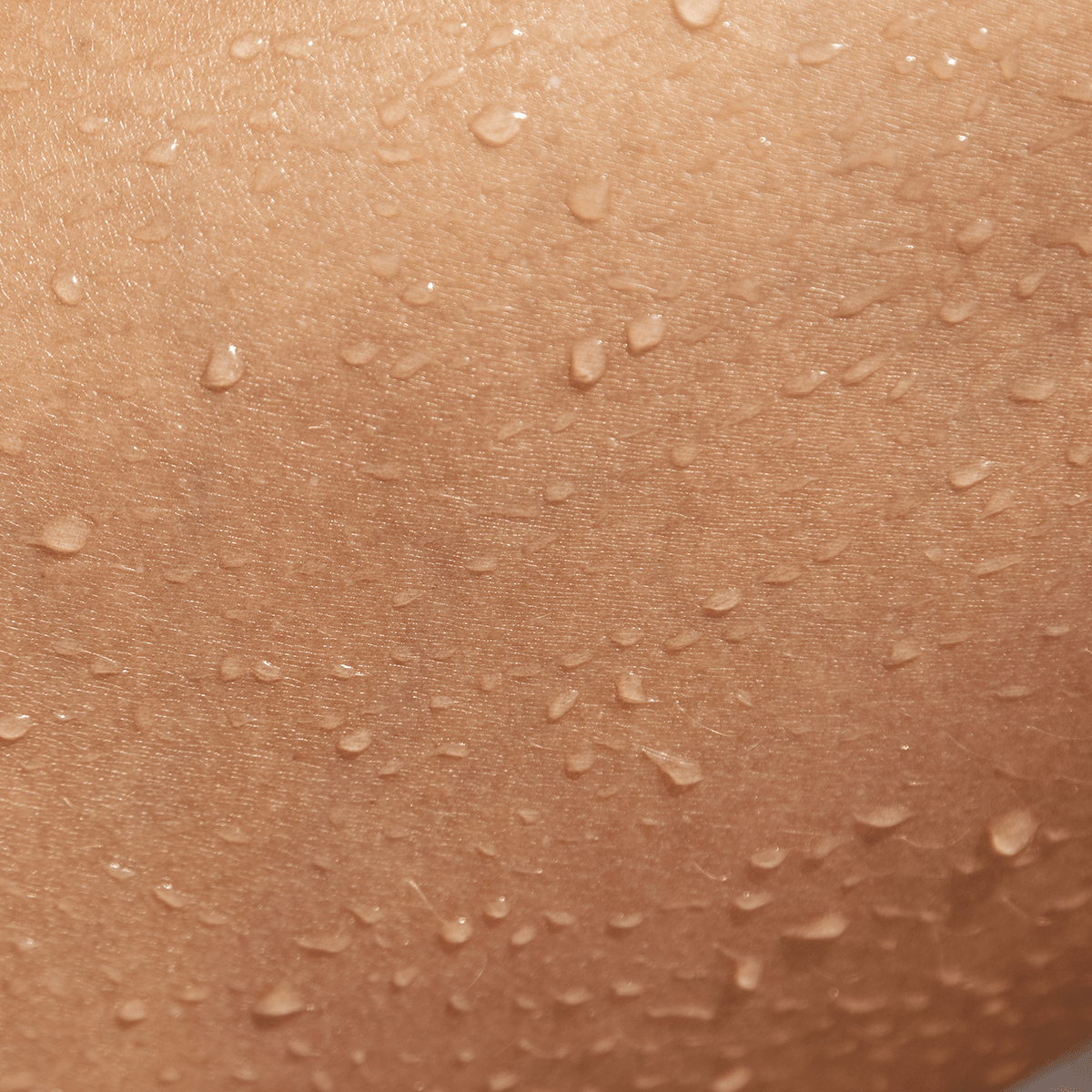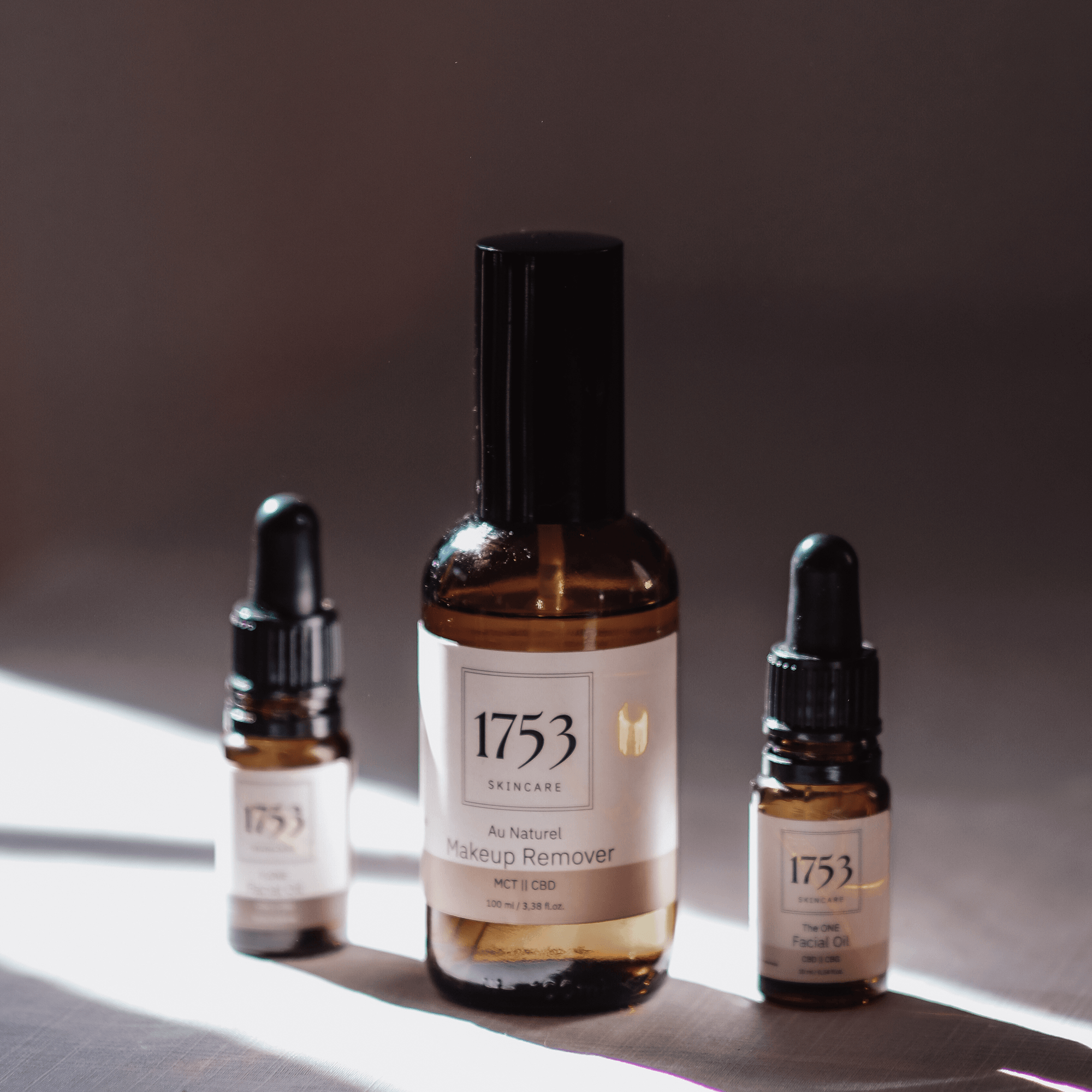Aquaporin channels

Aquaporin Channels
When we think about the skin, it's easy to focus on external treatments and products as a solution to skin problems. However, the skin is a complex organ that reflects our internal health and well-being. A holistic approach to skincare means viewing the skin as part of a larger system where nutrition, lifestyle, environment, and genetics interact to influence its health. In this broader context, aquaporin channels, which regulate the skin's water balance, play a central role.
What are Aquaporin Channels and Their Role in the Skin?
Aquaporins are specialized protein channels found in cell membranes that enable the rapid and efficient transport of water molecules through cells. They were discovered by Peter Agre, who was awarded the Nobel Prize in Chemistry in 2003 for this significant discovery. Aquaporins are present in all living organisms, from bacteria to humans, and are critical for maintaining the water balance essential for cell survival and function.
In the skin, aquaporins are particularly important for ensuring that cells have enough moisture to perform their functions. They help maintain skin elasticity, promote wound healing, and protect the skin from damage caused by external factors like UV radiation and pollution. Aquaporin-3 (AQP3) is the most prominent type in the skin, responsible not only for transporting water but also glycerol, which is crucial for maintaining skin moisture and structural integrity.
A Holistic View of the Skin and the Importance of Aquaporins
When we consider the skin from a holistic perspective, it becomes clear that the function of aquaporins is not just about maintaining moisture but also about creating conditions for the skin to manage and counteract various skin conditions. Let’s explore how aquaporin channels can affect some common skin issues.
Acne
Acne is a skin condition that often arises due to a combination of excessive oil production, clogged pores, and inflammation. But how do aquaporins fit into this process? Research has shown that AQP3 is involved in regulating glycerol in the skin, which can affect oil production and the skin’s moisture balance. An imbalance in water and glycerol transport can lead to dry skin, which in turn may trigger excessive oil production as a compensatory response. By ensuring that the skin is optimally hydrated through aquaporins, the risk of excessive oil production and, consequently, acne can potentially be reduced.
Eczema
Eczema, or atopic dermatitis, is characterized by dry, itchy, and inflamed skin. An important aspect of eczema is a damaged skin barrier that loses moisture faster than normal, leading to dehydration and increased sensitivity to irritants. The role of aquaporins in maintaining skin moisture becomes especially important here. Studies have shown that a reduction in AQP3 in the skin may contribute to the dehydration that exacerbates eczema symptoms. By promoting the production and function of aquaporins in the skin, one can help restore moisture balance and improve the skin’s barrier function, which can alleviate eczema symptoms.
Rosacea
Rosacea is a chronic skin condition characterized by redness, visible blood vessels, and sometimes pustules on the face. Although rosacea is often associated with blood vessels and inflammation, the water balance in the skin can also play a role. Since rosacea patients often have a sensitive skin barrier, aquaporins can help maintain optimal hydration and reduce irritation and inflammation. AQP1, found in blood vessels, may also influence how the skin responds to temperature changes, which is a known trigger for rosacea.
Psoriasis
Psoriasis is an autoimmune disease that causes a faster turnover of skin cells, leading to thick, scaly patches of skin. Water balance and cell renewal are closely linked, and aquaporins may play a role in regulating these processes. AQP3's ability to transport glycerol is particularly interesting in psoriasis, as glycerol is involved in wound healing and skin renewal. Increasing the number of aquaporins in skin cells could potentially help balance the skin's renewal process and reduce psoriasis symptoms.
How Can You Increase the Number of Aquaporins in the Skin?
Optimizing skin health by increasing the quantity and activity of aquaporins is an important step in a holistic skincare routine. Here are some strategies that can help:
Skincare Ingredients: Several ingredients in skincare products can stimulate the production of aquaporins. Glycerol, a common ingredient in many moisturizers, has been shown to increase the expression of AQP3 in the skin. Products containing glycerol can therefore help increase the number of aquaporins, improving skin moisture balance and barrier function. Additionally, it has been observed that Cannabidiol (CBD) and other phytocannabinoids from the cannabis plant positively influence skin cells' own production of aquaporins.
Nutrient-rich Diet: A nutrient-rich diet that supports skin health can also affect aquaporins' function. Omega-3 fatty acids, antioxidants, and vitamins A, C, and E have all shown positive effects on skin health. These nutrients help maintain skin integrity and can indirectly support aquaporins' function in the skin.
Lifestyle Factors: Maintaining good hydration by drinking enough water is fundamental to supporting aquaporins' activity. Regular exercise, which increases blood circulation, can also enhance the skin's ability to transport water and nutrients through aquaporin channels. Avoiding dehydrating factors such as excessive sun exposure, cold air, and pollution is also important for protecting and strengthening aquaporins' function.
What Can We Learn from This?
The skin is a spectrum of interconnected processes, skin cells, signaling systems, and microbes, and aquaporins are a central part of this network. By understanding and supporting the function of aquaporins, we can take a more holistic approach to skincare. This means that we not only focus on treating external symptoms but also work to improve the skin's internal health and resilience.
Aquaporins help us maintain a healthy water balance, which is crucial for preventing and managing skin conditions such as acne, eczema, rosacea, and psoriasis. By embracing a lifestyle and skincare routine that promotes the function of aquaporins, we can support the skin on a deeper level and thus create conditions for radiant and healthy skin. Holistic skincare is not just about the surface—it’s about considering the whole and understanding how every aspect of our health affects our skin.
Also, read our more comprehensive post about everything you need to know about water and how different types of water work in our body - Click here!
Sources:
- Hydrogen-rich water reduces inflammatory responses and prevents apoptosis of peripheral blood cells in healthy adults: a randomized, double-blind, controlled trial: https://go.nature.com/3ZoUGJ6
- Dietary water affects human skin hydration and biomechanics - https://www.ncbi.nlm.nih.gov/pmc/articles/PMC4529263/
- Nutrition and water: Drinking eight glasses of water a day ensures proper skin hydration—myth or reality? https://www.researchgate.net/publication/45149839_Nutrition_and_water_Drinking_eight_glasses_of_water_a_day_ensures_proper_skin_hydration-myth_or_reality
- Impact of Lifestyle on Differences in Skin Hydration of Selected Body Areas in Young Women https://www.mdpi.com/2079-9284/11/1/13
- A therapeutic effect of CBD-enriched ointment in inflammatory skin diseases and cutaneous scars - https://www.clinicaterapeutica.it/2019/170/2/05_PALMIERI-VADALA.pdf
- Expression and function of aquaporins in human skin: Is aquaporin-3 just a glycerol transporter? - https://www.sciencedirect.com/science/article/pii/S0005273606002185
- Aquaporin-3 in the epidermis: more than skin deep - https://www.ncbi.nlm.nih.gov/pmc/articles/PMC7311736/




Comments